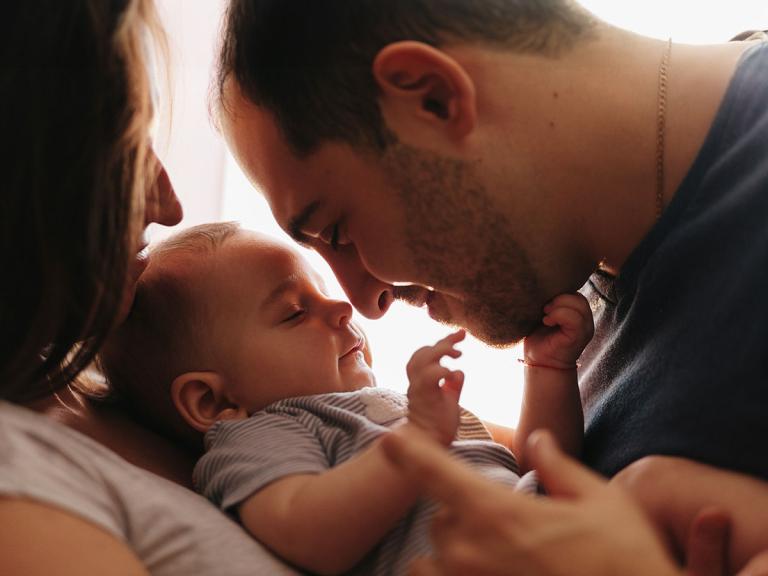
U.S. birth rates continue to fall and with the growing popularity of the “DINK” lifestyle, it doesn’t look like it’s about to slow down. DINKs (Double Income, No Kids) have become a popular TikTok trend, with couples of child-bearing age posting videos of themselves and noting all the economic advantages of not having to spend their income on children. In 2021, the Pew Research Center found that 44 percent of Americans between the ages of 18-49 were childless. 56 percent of those said it was unlikely that they would have children in the future because they just don’t want to have kids. Seventy-four percent of those who already have kids in that age bracket also stated they are unlikely to have more children, with 63 percent citing that they just don’t want to.
The decrease in birth rates is alarming for both economic and moral reasons. In an op-ed for The Washington Post, columnist Ramesh Ponnuru waded into what he called the “emergence of another culture war.” Discussing the growing trend of DINKs as a response to “aggression by propagandists for childbearing,” Ponnuru pointed out how the issue is now being politicized. “The political parties are already starting to divide over this issue, with Democrats more likely to see the decline as a positive sign for our society and Republicans more likely to worry about it,” he wrote. “Yes, parenthood has its miseries,” Ponnuru admitted. “But for most people, especially in the context of marriage, the upside is much higher. The 2022 edition of the General Social Survey finds that married men with kids are the happiest group of men, and married women with kids the happiest group of women.”
Ponnuru clarified that those who choose to be childless are not necessarily bereft of all meaning. “Again, that’s not to say that purpose and meaning are out of reach without children. If you decide not to have children, though, don’t fool yourself that you’re helping solve climate change — not, at any rate, if you’re taking extra flights to Europe like that DINK couple. And I promise you that if you do have kids, you’ll still be able to go to Florida — although your itinerary might look a little different,” he concluded. As Ponnuru noted, the marriage gap, another factor is starting a family, is notable between liberals and conservatives. According to a study from the Institute for Family Studies (IFS), 62 percent of conservatives are married while only 39 percent of liberals are. It also noted that conservatives were more satisfied with their family life than liberals (52 percent v 41 percent). Conservatives also valued marriage more than liberals, with 8 0percent saying it was needed to create strong families while only 33 percent of liberals believed so. The Chicago Tribune noted the benefits of marriage. “No government subsidy program, regardless of how generous, can substitute for the benefits of having two adults, not just one, focus their attention and resources on a child’s needs. The benefits are so strong, in fact, that they seem to generate spillover effects: A landmark study of economic mobility found that one of the strongest predictors of income mobility was growing up in a neighborhood with lots of two-parent families, even for a child being raised by a single parent.” It called the concern about declining marriage rates “appropriate.” “All of this means that it’s entirely appropriate to be gravely worried when 40percent of kids are born outside marriage. And when you realize that only a third of liberals, and half of moderates, think that marriage is vital to creating strong families, it’s time to panic about where America might be headed.”
